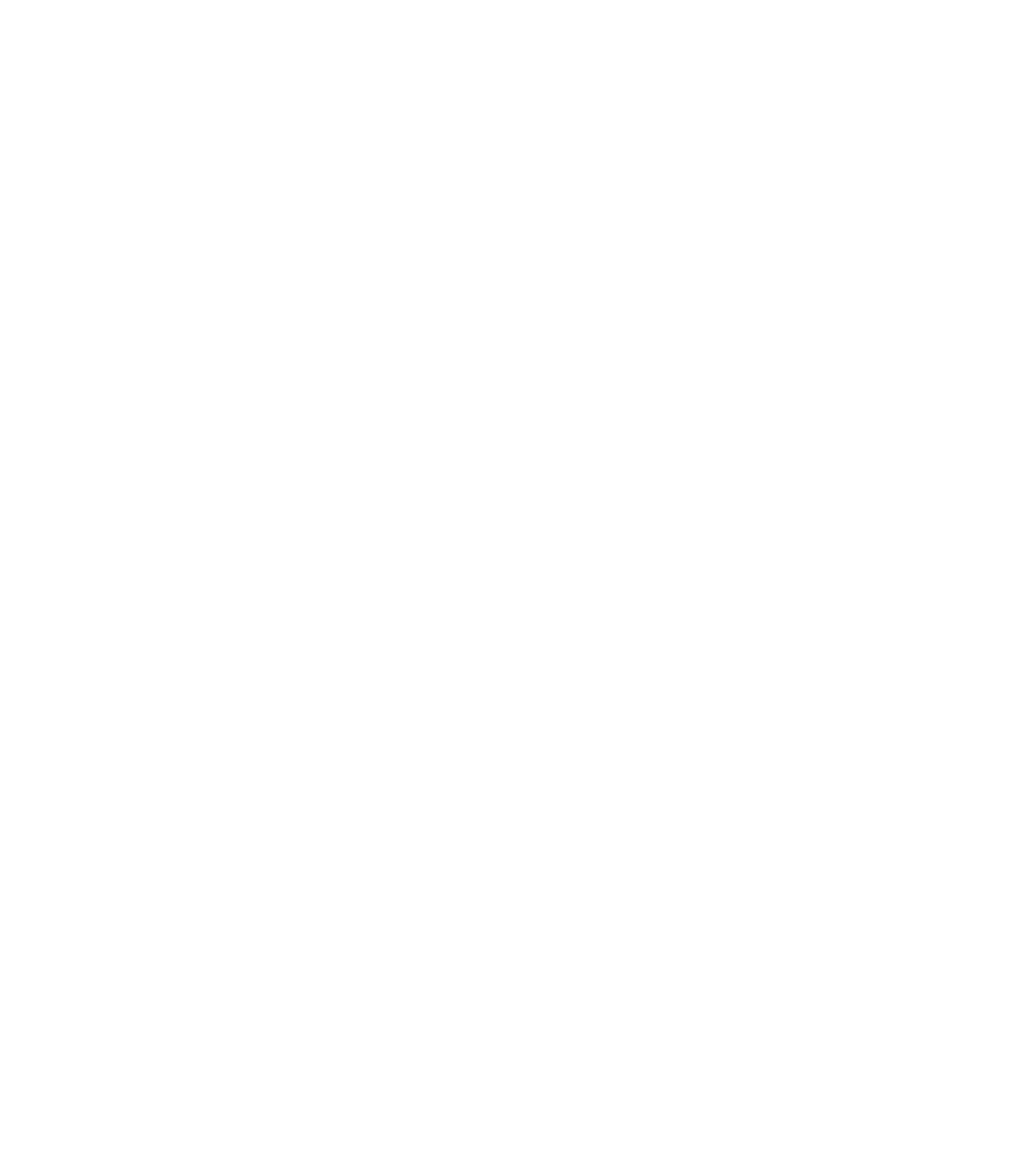If you're searching for "mental health providers near me," you're not alone. Mental health is just as important as physical health, but it's often stigmatized or overlooked. If you're looking for mental health care, it can be hard to know where to start. That's why mental health providers are so valuable. These professionals are trained to diagnose, treat, and support individuals struggling with mental health issues. In this article, we'll guide you through the process of choosing the right mental health provider for your needs. We'll discuss methods for finding providers in your local area and factors to consider when selecting a provider. Additionally, we'll cover the different types of mental health providers, their qualifications, and the advantages and disadvantages of each type.
Who are Mental Health Providers?
Mental health providers are professionals who specialize in diagnosing, treating, and supporting individuals struggling with mental health issues. Mental health providers can include:- Psychiatrists
- Psychologists
- Social workers
- Counselors
Psychiatrists
Psychiatrists are medical doctors who specialize in mental health. They can diagnose and treat mental illnesses, prescribe medication, and provide psychotherapy. Psychiatrists often work with individuals who have severe mental health conditions, such as bipolar disorder, schizophrenia, and major depression. Advantages:- Can prescribe medication
- Provide both medication management and psychotherapy
- Treat a range of mental health conditions
- Limited availability in certain areas
- Can be expensive
Psychologists
Psychologists are mental health professionals who hold a doctoral degree in psychology. They are trained to diagnose and treat mental health conditions through therapy, counseling, and behavioral interventions. Psychologists often specialize in specific areas, such as cognitive-behavioral therapy or family therapy. Advantages:- Provide evidence-based psychotherapy
- Can diagnose and treat a range of mental health conditions
- Often covered by insurance
- Cannot prescribe medication
- Limited availability in certain areas
Social Workers
Social workers are mental health professionals who specialize in providing support and resources to individuals struggling with social and emotional issues. Social workers often work in community-based settings, such as schools, hospitals, and government agencies. They provide individual and group therapy, case management, and community outreach. Advantages:- Provide a holistic approach to treatment
- Often work in community-based settings
- Can provide support and resources beyond therapy
- Cannot prescribe medication
- Limited availability in certain areas
Counselors
Counselors are mental health professionals who specialize in providing therapy and support to individuals struggling with mental health issues. Counselors may hold a variety of degrees, such as a Master of Social Work, a Master of Counseling, or a Master of Psychology. They often specialize in specific areas, such as addiction counseling or marriage and family therapy. Advantages:- Provide evidence-based psychotherapy
- Often covered by insurance
- Can provide support and resources beyond therapy
- Cannot prescribe medication
- Limited availability in certain areas
How to Find Mental Health Providers Near Me
Finding the right mental health provider can be a daunting task, but there are several methods to make the process easier:- Online Directories: Use online directories such as Psychology Today, Zocdoc, or GoodTherapy to search for mental health providers in your local area. These directories often include information about the provider's qualifications, areas of expertise, and accepted insurance plans.
- Insurance Provider Websites: Check your insurance provider's website for a list of in-network mental health providers. This can help ensure that you receive the maximum coverage and minimize out-of-pocket expenses.
- Referrals from Friends and Family: Ask friends and family members for recommendations for mental health providers they trust and have had positive experiences with.
- Expertise: Look for providers who specialize in the type of mental health issue you are facing.
- Experience: Consider providers who have experience treating individuals with similar conditions or circumstances.
- Accessibility: Choose a provider who is conveniently located and has availability that works with your schedule.
- Availability: Ensure that the provider has open availability and can accommodate your needs.
- What is your approach to treatment?
- What are your policies regarding confidentiality and privacy?
- What insurance plans do you accept?
What Are My Treatment Options?
Mental health treatment can involve a range of approaches, including:- Psychotherapy: Psychotherapy, also known as talk therapy, involves talking with a mental health provider about your thoughts, feelings, and behaviors. Different types of psychotherapy include cognitive-behavioral therapy (CBT), dialectical behavior therapy (DBT), and psychodynamic therapy.
- Medication: Medication can be prescribed by a psychiatrist to help manage symptoms of mental health conditions. Different types of medication include antidepressants, antipsychotics, and mood stabilizers.
- Alternative Therapies: Alternative therapies include approaches such as acupuncture, yoga, and meditation. While these approaches may not be evidence-based, they can be helpful in managing symptoms of mental health conditions.
- The severity of your symptoms
- Your personal preferences
- Your support system, including friends and family members who can provide support and encouragement
How to Help a Mentally Ill Family Member Who Refuses Treatment
Supporting a loved one with mental illness who is resistant to treatment can be challenging, but there are strategies that can help:- Build Trust: It's essential to build trust with your loved one and create a safe space for them to talk about their mental health. Listen to their concerns and validate their feelings without judgment.
- Seek Professional Advice: Consider seeking advice from a mental health provider or a support group for families and friends of individuals with mental illness. They can provide guidance on how to communicate with your loved one and offer practical tips for managing difficult situations.
- Encourage Self-Care: Encourage your loved one to engage in self-care activities, such as exercise, healthy eating, and getting enough sleep. These activities can help improve mood and reduce symptoms of mental illness.
- Involuntary Commitment: Involuntary commitment allows individuals with severe mental illness to receive treatment against their will. This option is typically only used in emergency situations when the individual poses a danger to themselves or others.
- Guardianship: Guardianship is a legal arrangement that allows a family member or other designated individual to make decisions on behalf of a mentally ill individual who is unable to make decisions for themselves.
Where to Find Additional Mental Health Resources
Finding additional mental health resources can be helpful in managing mental illness and providing support. Some suggestions for finding local support groups, community organizations, and online resources include:- National Alliance on Mental Illness (NAMI): NAMI provides education, advocacy, and support to individuals and families affected by mental illness. They offer support groups, educational programs, and resources for finding mental health providers.
- Mental Health America: Mental Health America is a nonprofit organization that provides education, advocacy, and resources for individuals and families affected by mental illness. They offer free mental health screenings, educational materials, and resources for finding mental health providers.
- Substance Abuse and Mental Health Services Administration (SAMHSA): SAMHSA is a government agency that provides resources and support for individuals struggling with mental illness and substance abuse. They offer a national helpline, treatment locator, and resources for finding support groups and mental health providers.

